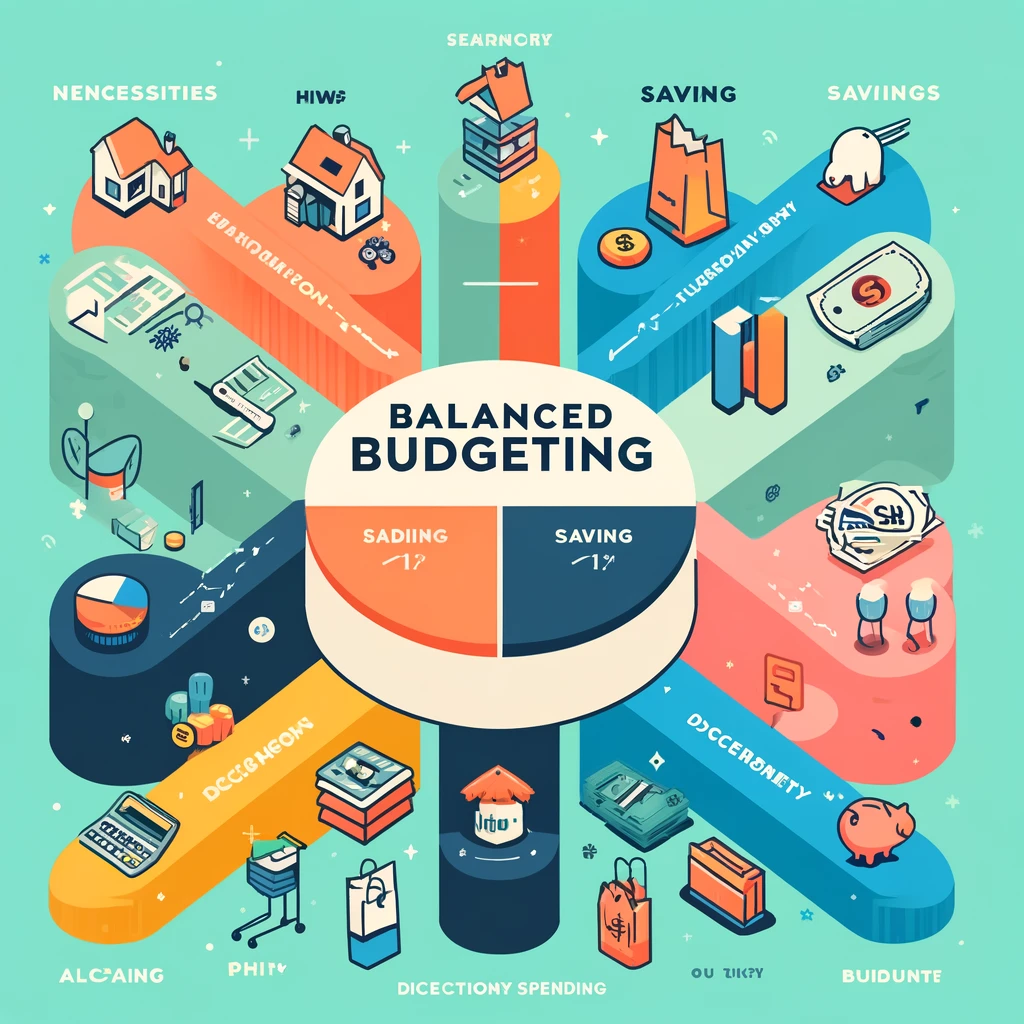In an era where consumerism is at its peak, understanding the psychology behind spending habits, particularly impulse buying, is more crucial than ever for achieving financial well-being. Impulse buying, the act of purchasing goods or services without prior planning, can significantly undermine savings and financial goals. This comprehensive guide explores the psychological triggers of impulse buying and offers strategies to control these urges, empowering individuals to save more and enhance their financial health.

Understanding Impulse Buying
Emotional Triggers Impulse purchases are often driven by emotions rather than need. Feelings of sadness, stress, or even the euphoria of a special occasion can lead to spontaneous spending as a form of emotional gratification.
The Role of Marketing Marketers expertly create a sense of urgency or exclusivity around products, leveraging psychological tactics such as limited-time offers or highlighting the pleasure of ownership, which can trigger impulsive buying behavior.
Social Influences Social media and peer influence significantly contribute to impulse buying. The fear of missing out (FOMO) on trends or experiences shared by peers can pressure individuals into making unplanned purchases.
Strategies to Curb Impulse Buying
Mindful Spending Practicing mindfulness in spending involves pausing to consider the necessity and value of a potential purchase. Asking questions like “Do I need this?” and “Why do I want to buy this?” can help assess the impulse’s root cause.
Setting Financial Goals Clear, actionable financial goals provide direction and motivation to resist impulsive spending. Whether it’s saving for a home, an emergency fund, or a vacation, having specific targets can make the gratification of saving more compelling than the temporary pleasure of an impulse buy.
Creating a Budget A well-structured budget allocates funds for necessities, savings, and discretionary spending, including a small allowance for indulgences. This can help satisfy the desire to splurge within a controlled environment, reducing the likelihood of impulse buying.
Building a Healthier Relationship with Money
Understand Your Spending Triggers Identifying situations or emotions that trigger impulse buying is the first step toward gaining control. Awareness allows for the development of coping strategies, such as seeking alternative forms of emotional fulfillment.
Use Technology Wisely Leverage technology to reinforce positive spending habits. Apps that track spending, savings goals, and even block access to online shopping during vulnerable times can be effective tools.
Seek Professional Guidance For those struggling with excessive impulse buying, consulting with a financial advisor or therapist specializing in financial psychology can offer personalized strategies and support.
Conclusion
The psychology of spending reveals that impulse buying is more than a financial issue; it’s a behavioral one intertwined with emotions and external influences. By understanding the triggers and implementing strategic measures to manage impulsive behavior, individuals can significantly improve their financial health and work towards a more secure financial future.



